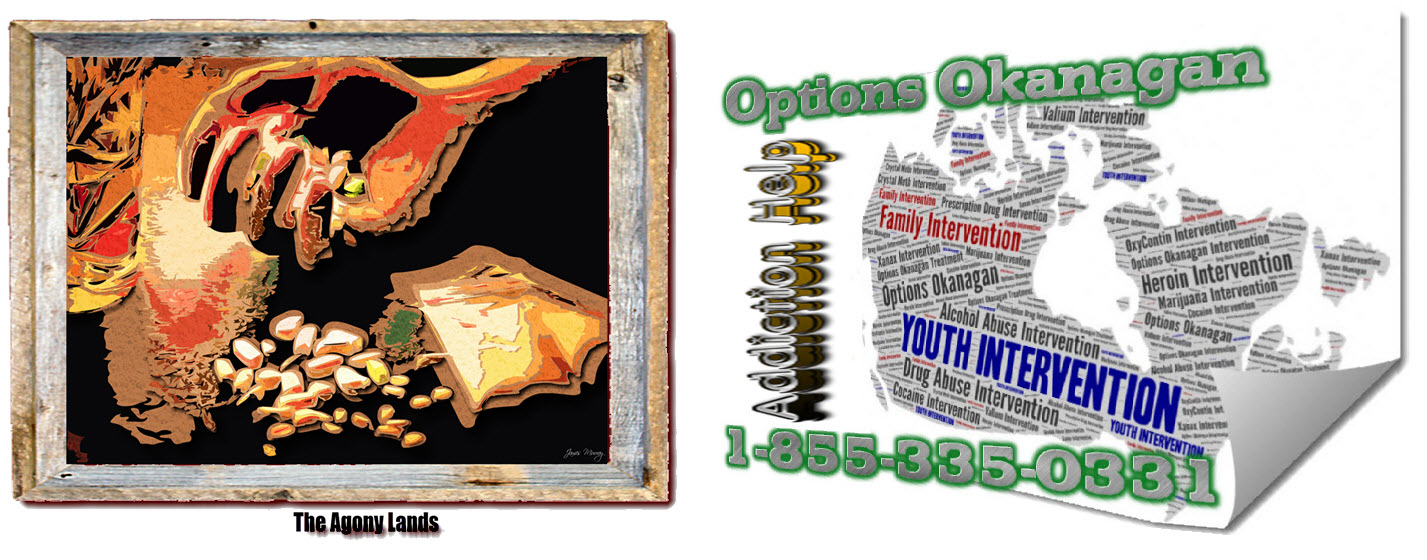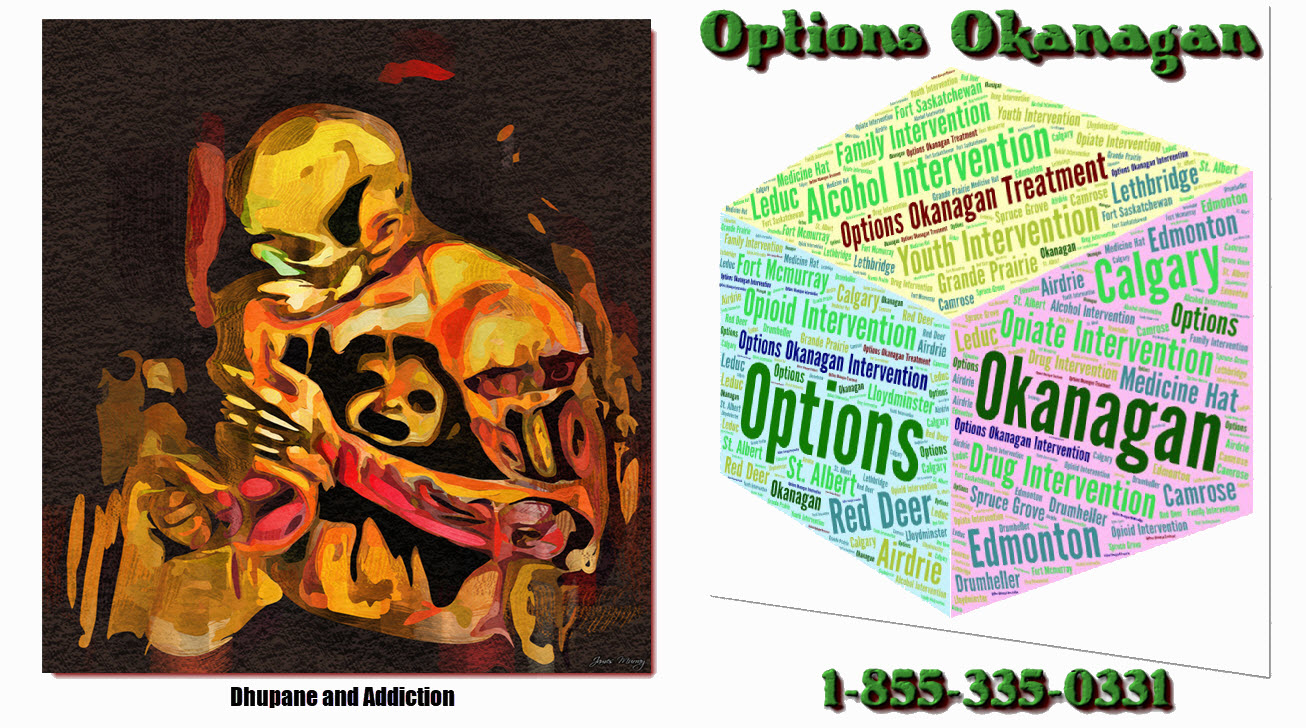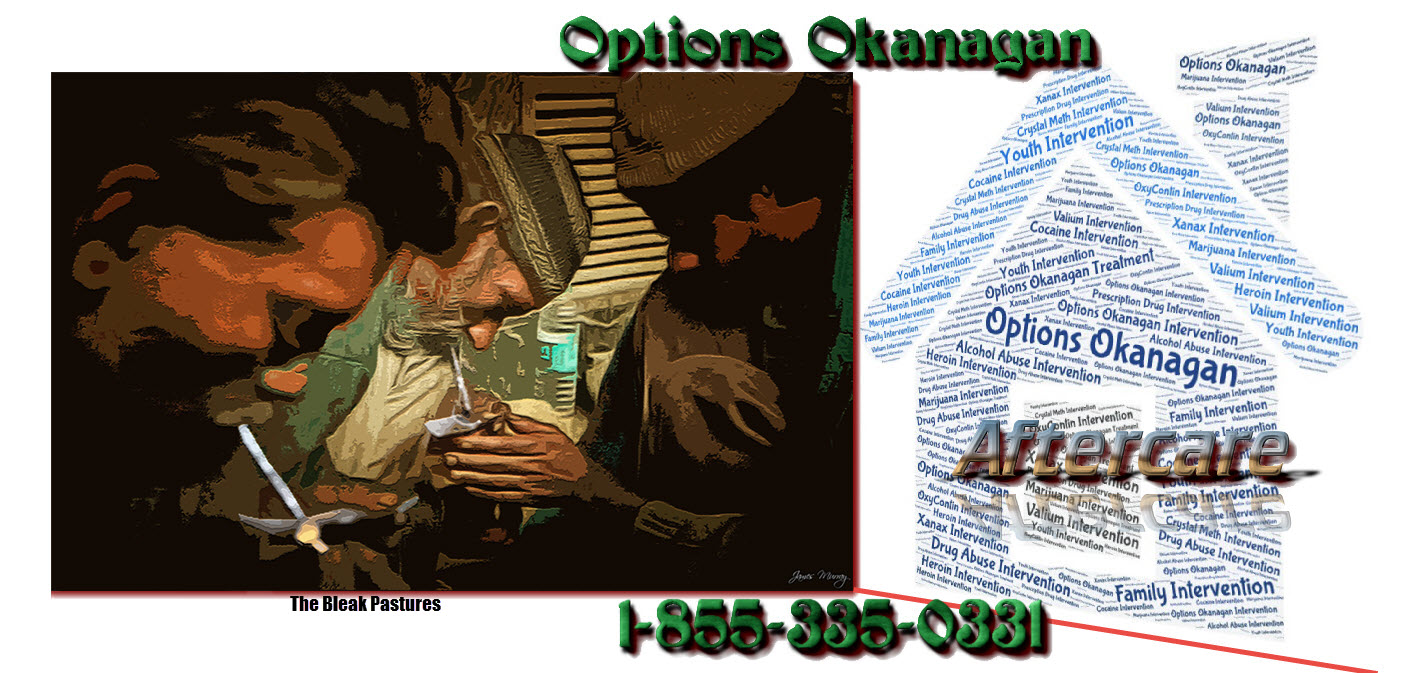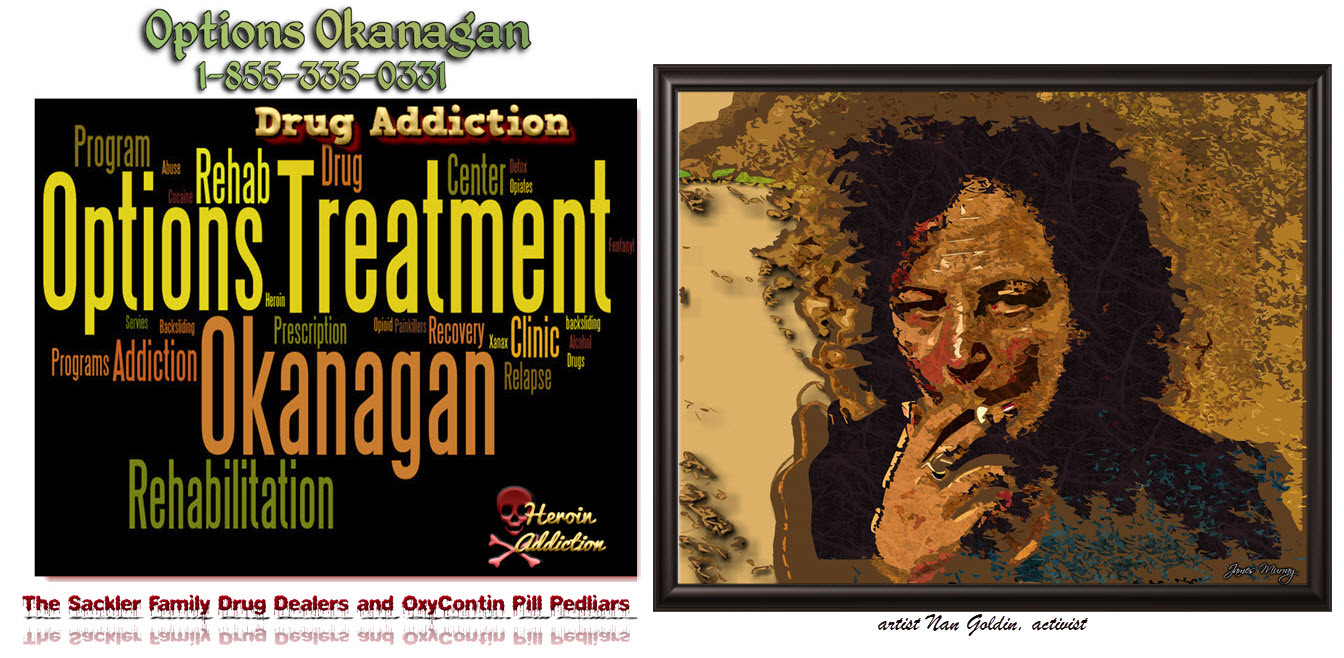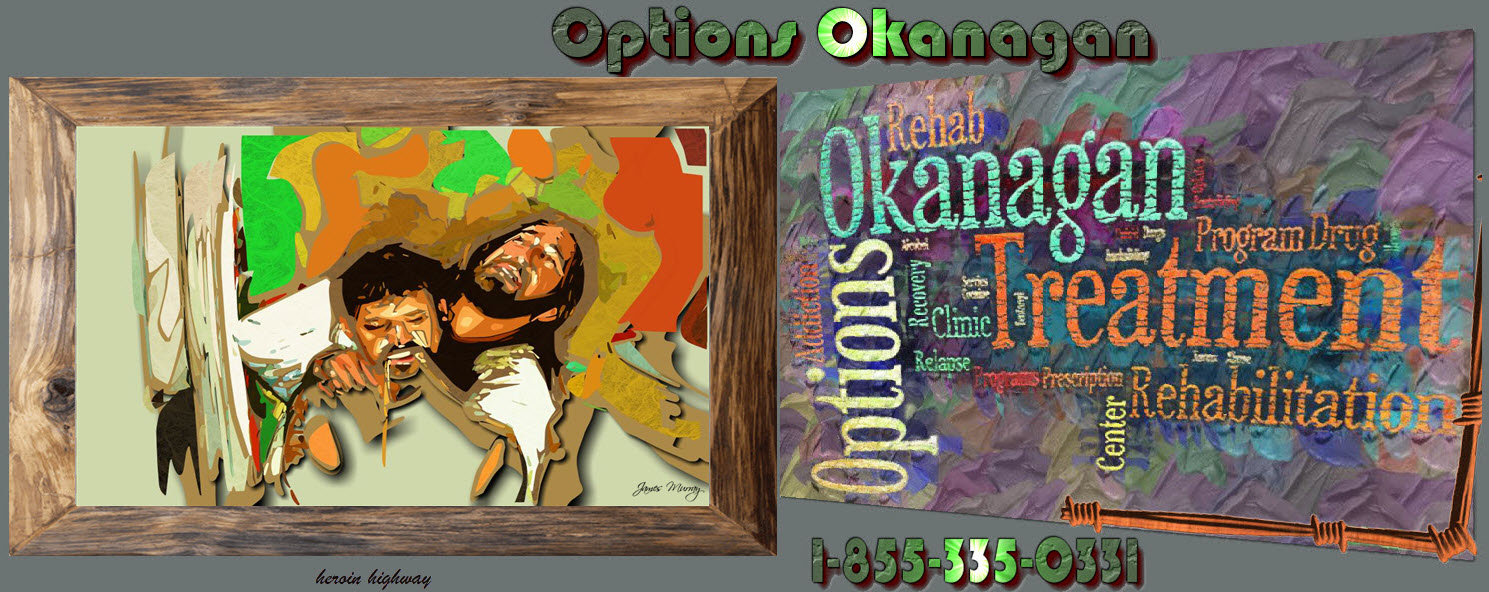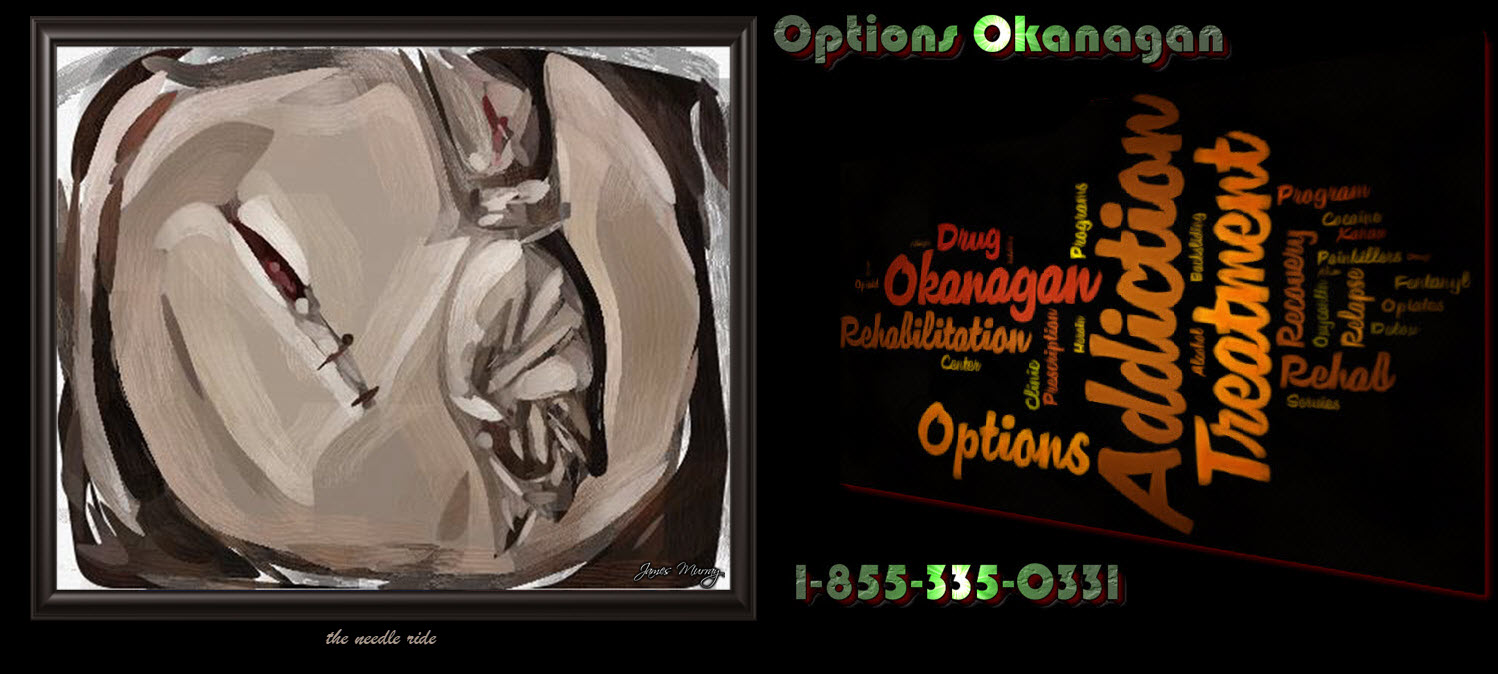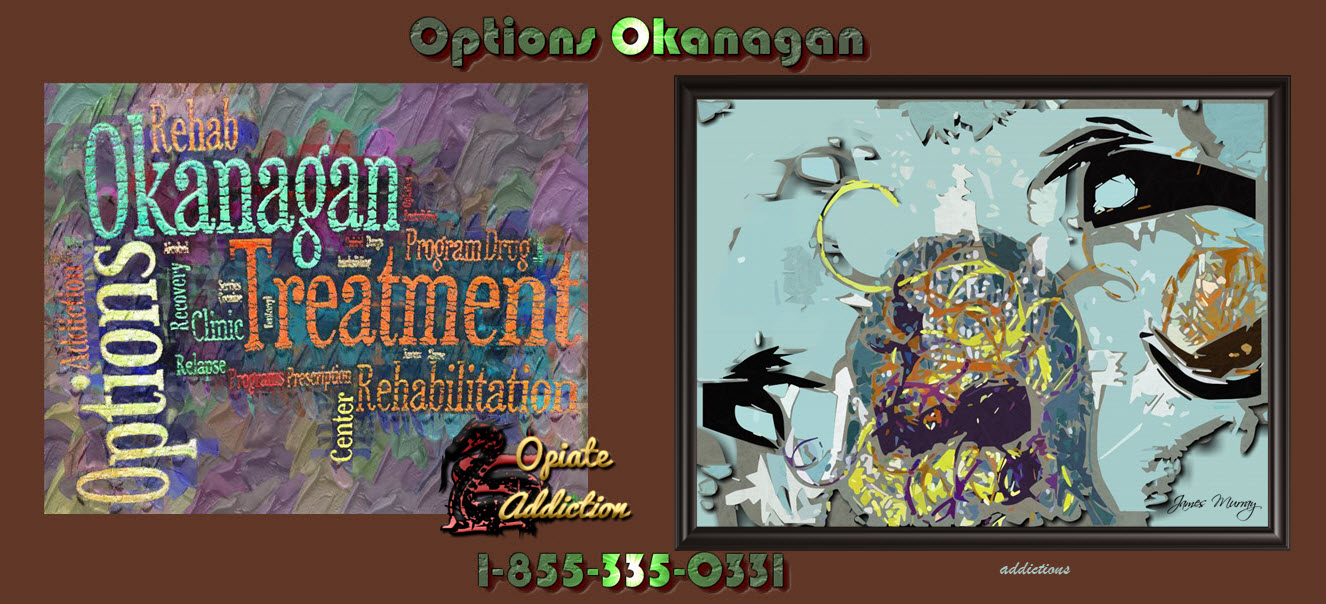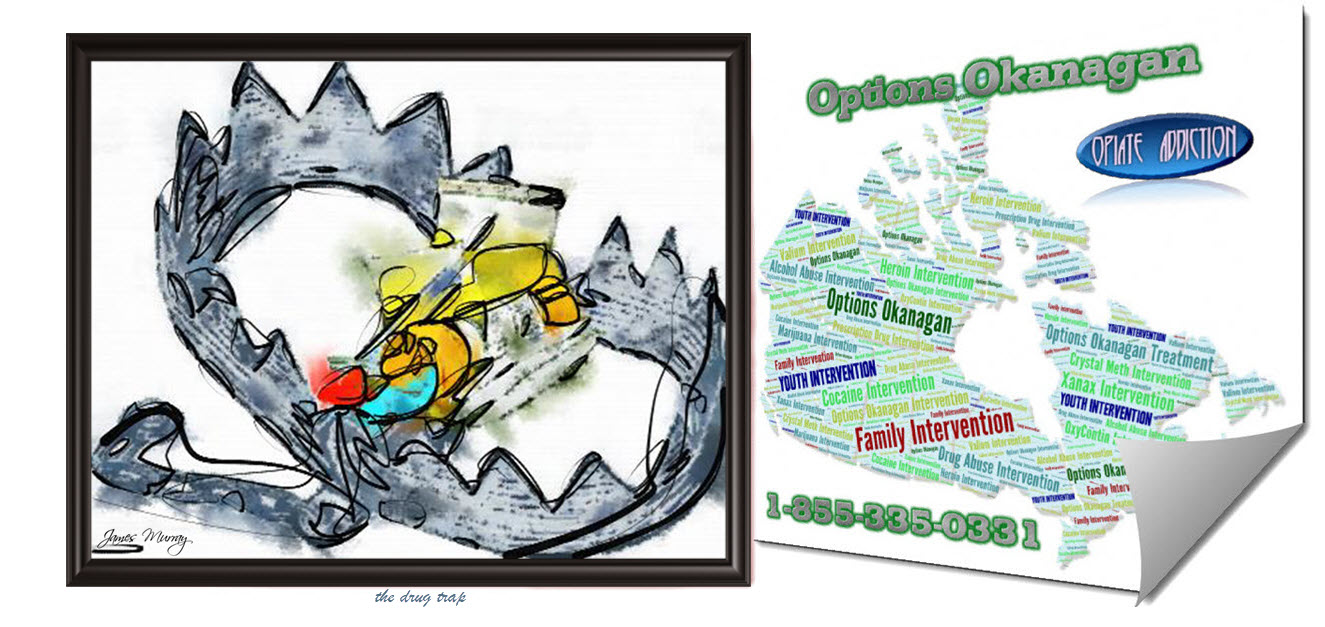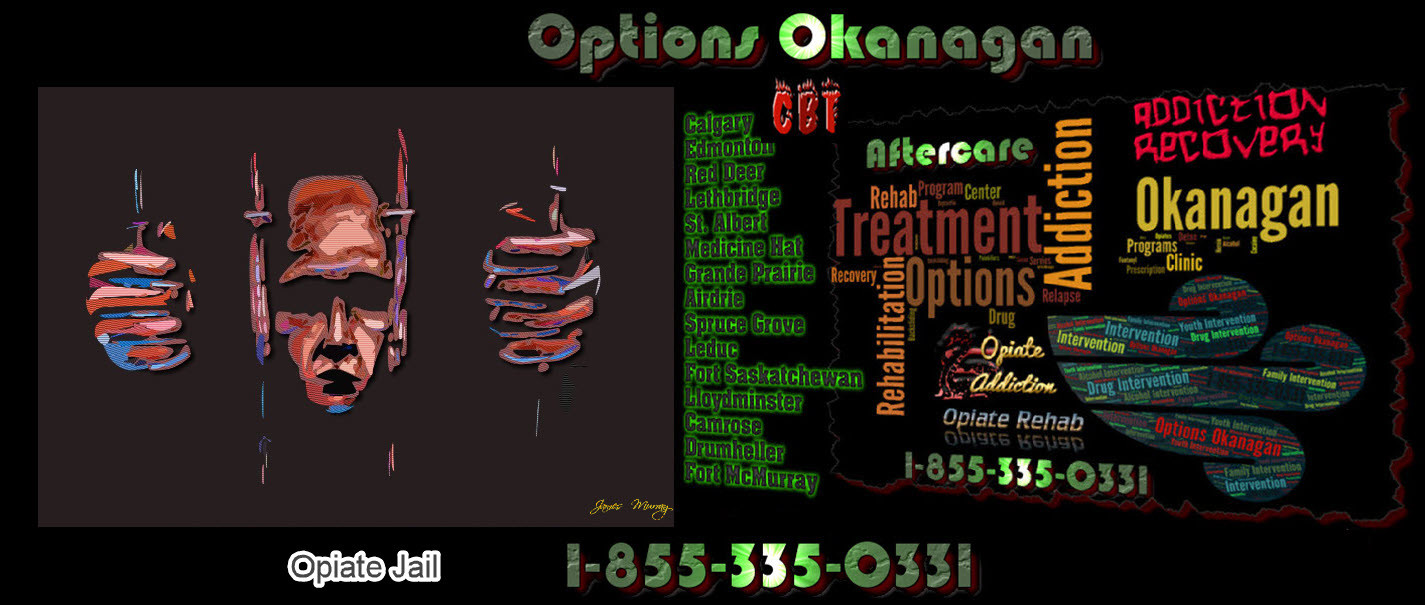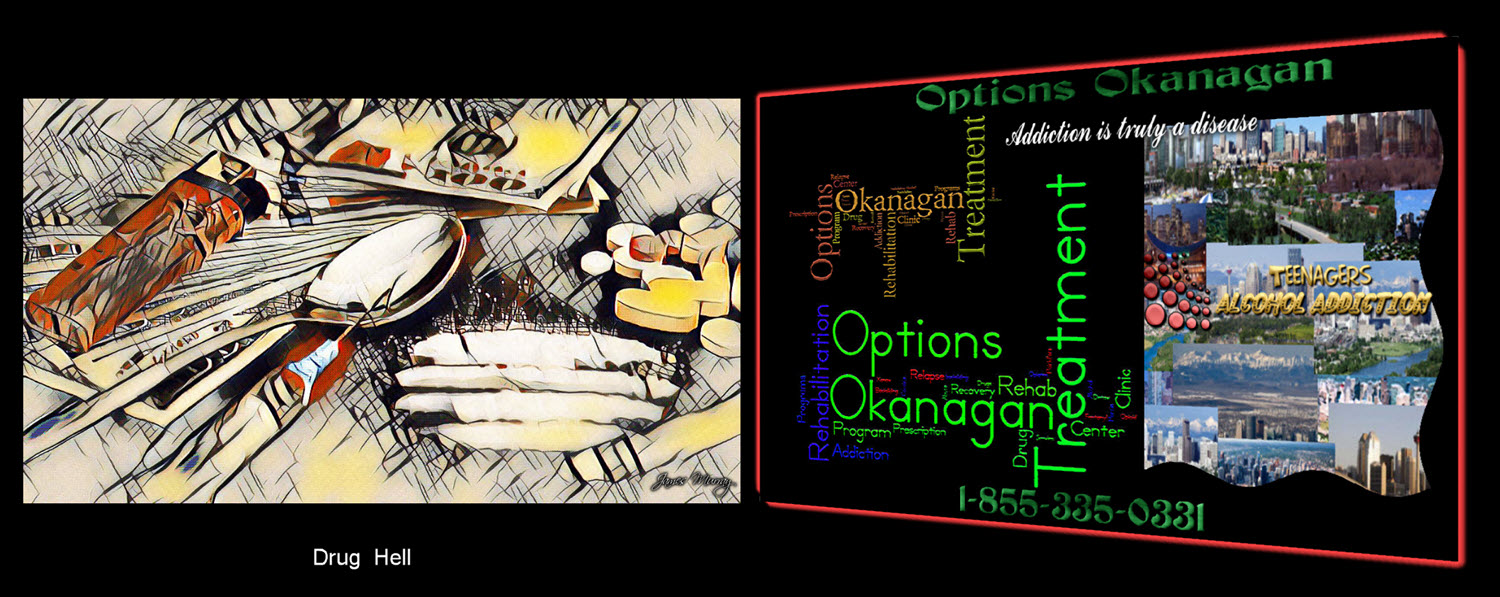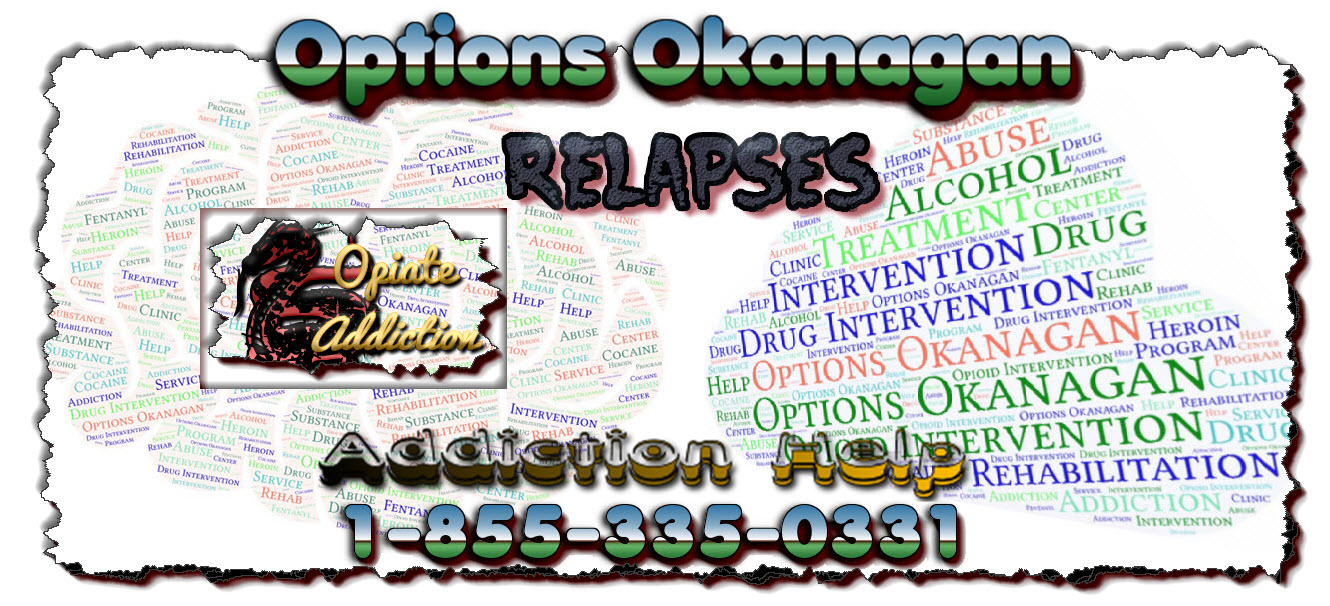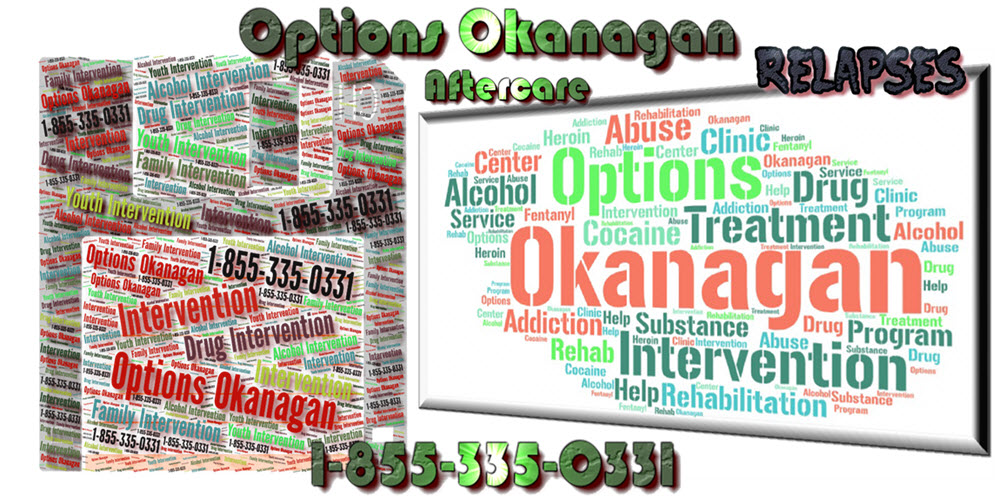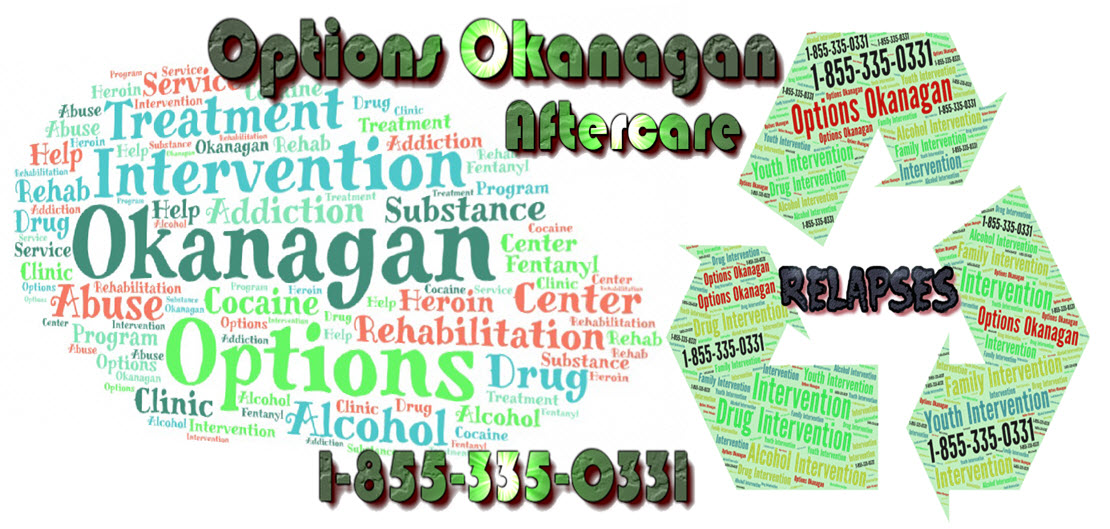Family drug intervention and rehab guide for recovering opioid addicts in British Columbia and Alberta – Options Okanagan Treatment Centers in Kelowna, British Columbia treating drug, opiate, opioid, fentanyl, heroin, cocaine and alcohol addiction and recovery.
Family intervention and rehabilitation in British Columbia and Alberta
Family members often experience the consequences of opioid addiction or problems with the abuse of one of their family members. As a result, family members often experience a variety of emotions associated with the problem, from apathy and sadness to anger, and it can even look like they have lost a family member to addiction. Sometimes, they can pounce on them to help their loved ones understand how damaging their drug addiction can be, often doing more harm than good. Getting angry or upset with someone who abuses drugs like opioids or alcohol invariably results in the addicted person becoming more involved in the substance abuse and the person becoming much more distant from family and friends because of the guilt of being alienated. Rather than adopting this approach and potentially losing a family member forever, they can intervene in a family group to help their loved one and help them recognize that he or she has a serious problem that needs help moving forward.
Family members who plan to participate in a family drug intervention should learn as much as possible about the process and agree to follow the correct steps without deviation in order to be successful. An addiction specialist can be consulted, and an intervention specialist can explain to loved ones how addiction works, how to approach actual intervention, and how the addict will be treated. Specialists can guide family members through each step of the process and help them prepare how to communicate with loved ones when a drug intervention family group takes place. The family must agree on a convenient time and place for the intervention meeting so that it is not disturbed. The addicted person has to be in the last step of the intervention and deal with them at the last minute before the process begins.
During the family drug intervention, there is a high probability that the loved one facing the confrontation will be very careful and prepare for a lot of guilt and blaming from the family members during the intervention. Instead, family members must explain how the lives of their loved ones have been affected by their addiction, but they have a lot to go through today and need help. It is important that family drug interventions are carried out in a way that allows the person to continue to feel loved by their family members and that the only intention they have is to help them, not to make them feel worse than they already feel. The best thing is that families can offer solutions so that their family lives can return to productive and healthy after treatment, and it is the family problem that is the focus of drug intervention in the family and is the ultimate goal.
Typically, family drug interventions are successful and result in loved ones entering a quality care program to get the help they need. Once help is received, it is imperative that the person is treated without hesitation so that there is no distraction or time for thought that could sabotage a family member’s efforts. If a family member has a problem when the person refuses treatment, certain consequences may need to be imposed on the person who refuses the offer of family assistance. It is important that the addict can no longer negatively affect the lives of the family members through their selfish behavior. The consequence is usually a change or an attempt to avoid any form of co-dependency with the person and exert pressure to persuade the addict to seek drug rehabilitation despite initial reluctance. Imposing consequences will often be enough to pressure the person to eventually be persuaded to go to drug rehab. Therefore, family members should not hesitate to give consequences when the person refuses treatment or feel hopeless when at some point the intervention process seems to have missed its end goal.
Whether there is a family history of opioid intervention, it’s never too late to try again. Family members should not stop trying but keep working to help their struggling family members who are unable to help themselves. It is imperative to seek professional help and support from a highly qualified and trained intervention specialist if previous attempts to perform the procedure yourself have been unsuccessful.
Opioid Interventions in BC and Alberta for Families
Options Okanagan Opiate and Alcohol Treatment Centers in Kelowna, Salmon Arm and Vancouver, British Columbia – Men and Women are recovering and healing from Alcohol and Drug Abuse at our treatment center here in the Okanagan right now.
Our unique and distinctive Opiate Drug and Alcohol treatment program allows men and women to come in from Calgary as well as Edmonton as we offer airport pickup.
Numerous clients come to us from Vancouver, Calgary and Edmonton and other locations in Alberta and even other provinces for Opiate addiction treatment, heroin drug treatment, many other drug and alcohol addictions for rehabilitation because of the uniqueness of our treatment center.
Our (Kelowna) Alcohol and Drug Treatment Program Location:
(Not Mailing Address) – Contact Us – Web Page
For Mail Delivery :: Please contact each center for correct mailing addresses, also this location is the location of our residential treatment programs in Kelowna. Please call Toll Free 1-855-335-0331 – to contact the treatment center you are going to for the address and directions.
Options Okanagan Drug and Opiate Treatment Center
551 Sherrydale Crescent, Kelowna, British Columbia, V1V 2E6
Toll-Free Phone Number: 1-855-335-0331



